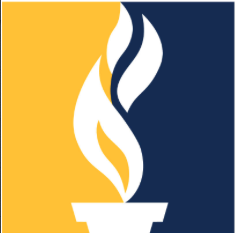Institution
Requirement
Status
Approved
Date Reviewed
A word on the Integral Curriculum (“the Program”) may be of use to the reader. The Program is a prescribed, four-year course of studies in modern analogues of the traditional trivium and quadrivium. Its members read primary texts after the paradigm established at St. John’s College, Annapolis (“the New Program”), that is, through tutorials, laboratories, and seminars. In tutorial, students and their tutors read eight semesters of mathematics (Euclid through Fermat, Descartes, Newton to Poincare and Hilbert, et alii) and eight of “language”: grammar (through the medium of Attic Greek), Aristotelian and mathematical logic, poetics, hermeneutics, and dialectic (Plato, Aristotle . . . Wittgenstein, Eliot). In the laboratory, students and tutors read and re-visit classics of observational and experimental science: measurement and natural history in the Freshman year; music—melody, polyphony, harmony—as Sophomores; classical mechanics and chemistry in the Junior (1st semester), population genetics in the Senior (2nd semester), years. The seminar makes the Program’s heart: over eight semesters, students and tutors conduct conversational inquiries into seminal works of many kinds—drama, epic, philosophy, theology, history, political economy, the novel . . .—bringing their own experience and the intellectual habits acquired in tutorial to bear.
Evaluation of their work responds to the principle that students must be the primary agents of their own educations: students daily demonstrate the mathematical theorems, advance the analyses, execute the practicals, which are the tutorials’ and laboratories’ daily meat. Evaluation culminates each semester in the “Don Rag,” a candid conversation among tutors, held in the student’s presence, over each student’s accomplishments in each division of the Program. At its end, the student is invited to respond, “ragging the Dons,” if need be. Students complete the Program with the composition and public defense of a lengthy Senior Essay. Unsurprisingly, tutors and students tend to form decided, detailed appreciations of one another’s forma mentis and contributions to the common inquiry.
